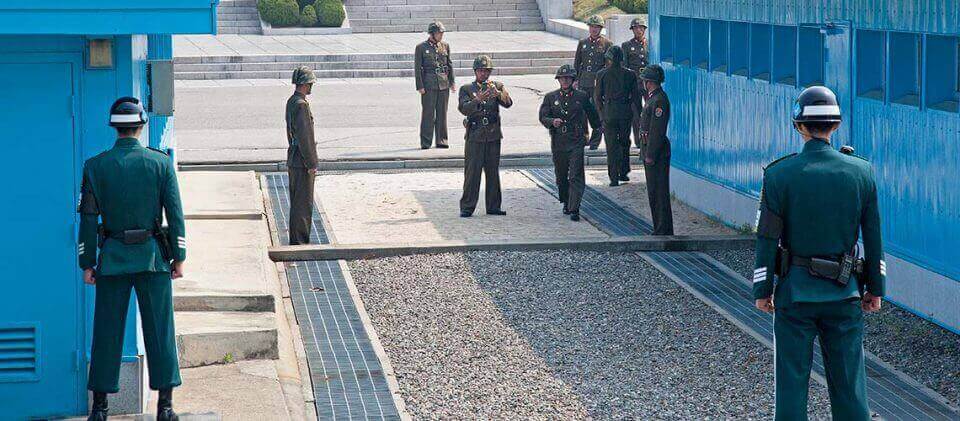
Can we do anything about the horrific human rights violations in North Korea?
The release of American Prisoner Otto Warmbier coupled with the threat of new missile capabilities brought North Korea to the center of American media attention. Perhaps the most intriguing aspect of North Korea’s recent rise in coverage, however, is the amount of information we simply do not know.
Despite North Korea’s denial of any human rights violations, a 2014 UN Commission of Inquiry concluded that North Korean abuses are without equivalent in the modern world. Stories of defectors have also begun to shed light on the brutality of conditions within the “hermit kingdom.” In particular, they elucidate a system of political prison camps comparable to the Russian Gulag.
Tales of gross human rights violations including torture, forced labor, execution, starvation, and sexual abuse have begun to emerge and the UN commission, which brought these voices to light, also provided us with a heartbreaking glimpse of life in the most isolated country in the world.
Defectors estimate that between 20 and 25 percent of the North Korean prison population dies each year. Furthermore, in the guilt by association system, entire families, including women and children, are sent to prison often for crimes as small as demonstrating wrong thoughts against the Kim regime. Starvation is also so prevalent that defectors have noted that rats are almost extinct in the camps as they are often caught and eaten by prisoners who are struggling for survival.
According to defectors, prison guards regularly beat or execute prisoners, who are viewed as subhuman, for nothing more than stress relief or fun. Brutal torture, rape, forced abortions, and other forms of sexual violence are also common within the prison system.
North Korea denies the existence of the prison camp system. However, the system of camps can be viewed via satellite images spread out across remote areas of the country. Furthermore, voices such as Yeonmi Park, the young women whose story of defection touched the hearts of millions after her speech at One Young World, are rising up.
Defectors have given us a glimpse into the horrifying realities of life in North Korea and have raised questions regarding the role of the United States, China, United Nations and other major international actors in combating North Korean human rights violations. In March, the United Nations Human Rights Council passed a commission, which aims to strengthen the fight against human rights violations by developing strategies for the eventual persecution and accountability of North Korean leaders. These strategies include consolidating information and evidence concerning the human rights atrocities at play in North Korea.
The Trump administration has advocated a policy of working with China to pressure North Korea. Many have also called for the U.S. and other international powers to put further pressure on China itself to end repatriation. But in terms of U.S. foreign policy towards North Korea, the only certainty is that there is no easy answer.
How and when will we be able to hold North Korea accountable for its human rights violations? How should the world arm itself against the growing North Korean missile threat? What obligations do the United States and other international players have toward advancing human rights in North Korea? Furthermore, what does the future hold for current prisoners of the North Korean regime? Through all of these questions, we must not forget the people whose lives are at stake inside the hermit kingdom, and we must be their voice on the outside.










